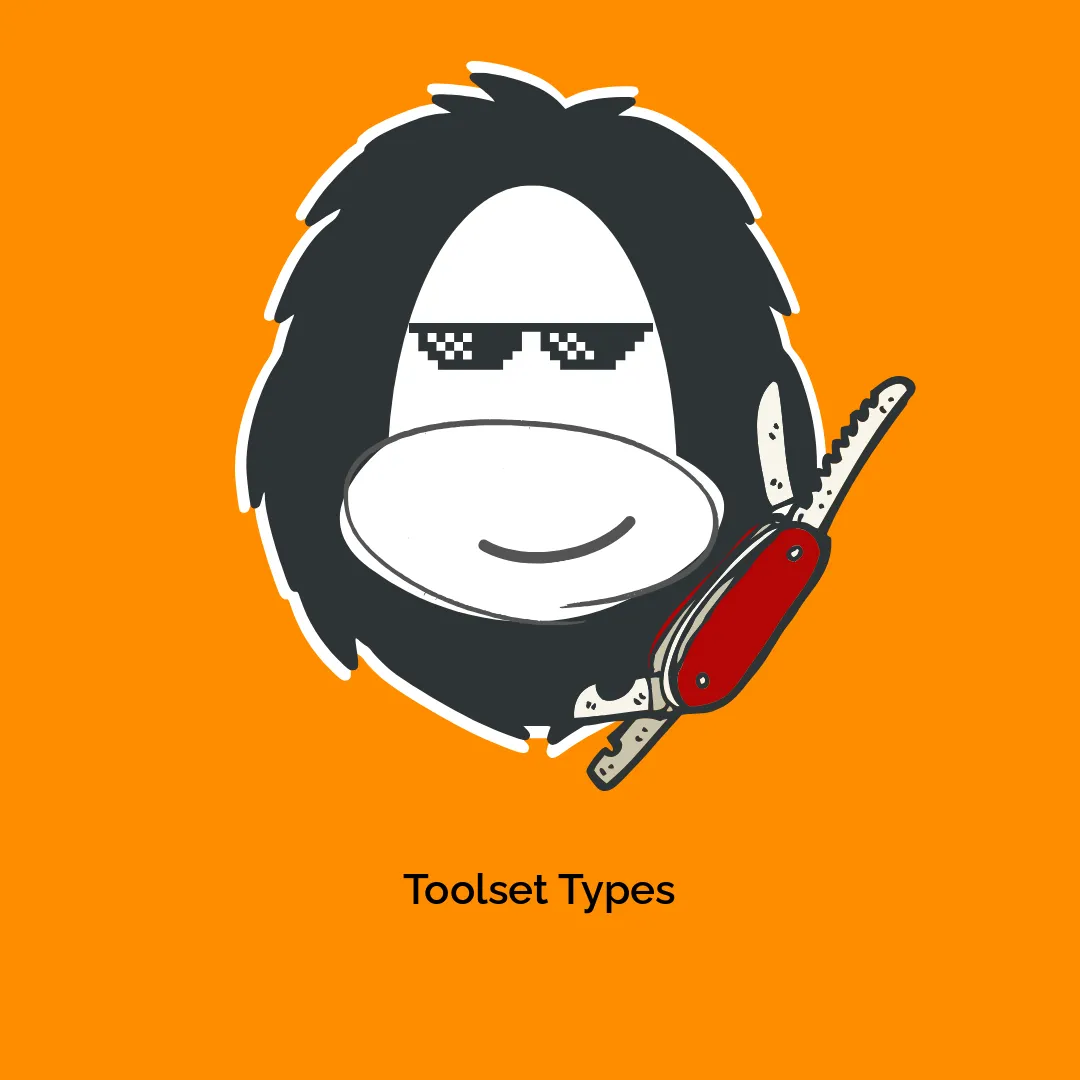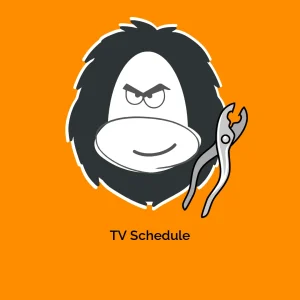Understanding Toolset Types: A Comprehensive Overview on Equipment and Resources
When it comes to any project, whether in construction, crafting, digital media, or software development, the right tools can make a significant difference. Different types of tools serve particular purposes, and they greatly influence the efficiency and quality of the outcome. In this detailed exploration, we will delve into various toolset types, covering essential categories and specific examples to enhance your understanding and practical application.
Development
Categories of Toolset Types
Toolsets can be broadly categorized based on their use and functionality. Understanding these categories will help individuals and organizations select the right tools for their specific needs.
Hand Tools
Hand tools are the most basic and fundamental tools used in a variety of tasks, ranging from construction to home repair. They require manual operation, making them straightforward but effective for many applications. Some common hand tools include:
- Hammers: Essential for driving nails or breaking objects.
- Wrenches: Used for tightening or loosening nuts and bolts.
- Screwdrivers: Available in different types, such as flat-head and Phillips, used for driving screws.
- Pliers: Versatile tools for gripping, twisting, and cutting.
These tools often emphasize durability and ease of use, making them staples in any toolbox.
Power Tools
Power tools, which are powered by electricity, batteries, or compressed air, facilitate tasks that would be arduous or impossible using hand tools alone. Their efficiency and speed make them desirable for professional tradespeople and DIY enthusiasts alike. Examples include:
- Drills: Electric drills can efficiently create holes in various materials, with adjustable settings for different materials.
- Saws: Power saws, such as table saws and circular saws, enable cutting through wood and other materials with precision and speed.
- Sanders: These tools make it easy to smooth surfaces through rapid oscillation or rotation.
- Concrete Mixers: Essential for construction projects requiring concrete, offering the ability to blend materials effectively.
Using power tools reduces labor intensity and speeds up project completion times, yet they require proper safety precautions.
Digital Tools
In recent years, the rise of technology has introduced digital tools into various sectors. These tools are integral in software development and design processes, encompassing:
- Project Management Software: Tools like Trello, Asana, or Jira streamline task assignments and project tracking.
- Design Software: Programs such as Adobe Photoshop or AutoCAD enable professionals to create detailed designs and blueprints.
- Collaboration Tools: Applications like Slack or Microsoft Teams enhance communication and collaboration among team members, fostering productivity.
Digital tools often adapt to the specific needs of the user, providing functionalities that enhance workflow and team dynamics.
Garden Tools
For gardening enthusiasts and professionals, having the right equipment can significantly impact the condition and productivity of a garden. Relevant tools are:
- Shovels and Spades: Crucial for digging, turning soil, and planting.
- Pruners: Essential for trimming plants and maintaining their health.
- Hoses and Watering Cans: Necessary for irrigation.
- Rakes: Helps in gathering leaves, debris, and leveling soil.
Garden tools come in various sizes and shapes, tailored to different types of gardening tasks.
Specialty Tools
Some projects may necessitate the use of specialty tools. These tools are designed for specific applications, ensuring precision and quality. Examples include:
- Automotive Tools: These include diagnostic equipment and jacks tailored for vehicle maintenance and repair.
- Medical Tools: Instruments like scalpels and stethoscopes are vital in healthcare settings.
- Electronics Tools: Soldering irons and multimeters facilitate electronic equipment assembly and troubleshooting.
These tools require expertise to operate adequately, often forming the backbone of specialized industries.
Selecting the Right Toolset Types
Choosing the right toolset can be overwhelming given the vast number of available options. Here are a few practical steps to consider when selecting tools for your next project:
-
Identify the Project Requirements: Understanding the nature of the project is critical. Determine what tasks need to be accomplished and which tools are essential.
-
Consider Ergonomics: Selecting tools that are comfortable and easy to use can drastically reduce fatigue and improve efficiency. Look for grips, balance, and overall design that suit your working style.
-
Evaluate Quality vs. Cost: It’s important to balance budget constraints with quality. Investing in high-quality tools may yield better long-term performance, minimize replacements, and improve results.
-
Research and Reviews: With the rise of online platforms, reviews, and testimonials can guide decisions. Researching brands and models can provide insights into which tools have yielded the best results for others in similar situations.
-
Training and Safety: Ensure that individuals using the tools are adequately trained in their operation. Safety measures should be in place, particularly when dealing with power tools or more complex equipment.
Practical Examples of Toolset Types in Various Industries
Construction Industry: Construction projects constantly require a mix of hand and power tools. Commonly used tools include power drills for creating holes, saws for cutting materials to size, and various hand tools for finishing tasks. Heavy equipment, like excavators, is also crucial for large-scale operations.
Gardening: A successful garden relies on the correct tools. Gardeners regularly use shovels, trowels for transplanting, and pruning shears for plant maintenance. Lawn mowers and weed-whackers are also vital for maintaining aesthetic appeal.
Digital Media Industry: Graphic designers depend on software like Adobe Illustrator and Photoshop. They often combine traditional artistry with digital tools to create compelling designs. Project management software helps maintain task organization, contributing to smoother workflow dynamics.
Automotive: Auto mechanics utilize specialized hand tools, including wrenches and ratchets, as well as diagnostic tools like OBD-II scanners to troubleshoot engine and electrical issues effectively. Their toolset is tailored specifically to automotive tasks for efficiency and accuracy.
Final Thoughts
Understanding the different toolset types is instrumental in enhancing project efficiency and ensuring quality outcomes across various sectors. By effectively utilizing the right tools, from hand tools to digital solutions, individuals can improve productivity and achieve their desired results effortlessly. Investing in quality tools, matching the toolset to project requirements, and fostering a culture of safety is essential for maximizing the impact of your efforts. Ultimately, the right tools, complemented with training and knowledge, empower individuals to tackle projects with confidence and expertise.
Download Toolset Types Plugins for free
Yes indeed, downloading Toolset Types for Free is feasible and one hundred percent legal.
Moreover, even downloading a cracked Toolset Types is law-abiding, and this is because the license it is distributed under is the General Public License, and this license permits the user its modification for free.
This way, there’s no need to worry: If you are looking to buy Toolset Types cheaply or, directly, to download Toolset Types Plugins nulled and, so, obtain it 100% free, on OrangoGPL, you can do it without breaking the law.
Download Toolset Types GPL: A great solution for beginner entrepreneurs
It doesn’t matter how you name it: Toolset Types Plugins offers, download Toolset Types Plugins GPL, download Toolset Types without license or download Toolset Types Plugins cracked.
It is totally legal and something essential for every entrepreneur starting out.





Reviews
There are no reviews yet.